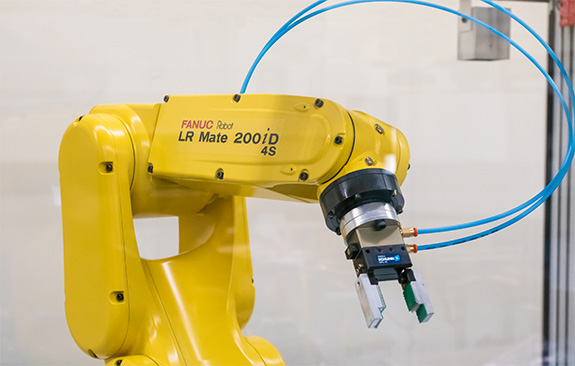
Accounting
Completion of this course of study prepares a student for entry-level positions in bookkeeping/accounting. A student becomes conversant in business and accounting terminology enhancing their ability to work with coworkers and analyze and record business transactions in a manual or computerized accounting system. A student acquires the skills to use computer equipment and software common to many organizations for analysis, budgeting, and financial statement preparation.

Business Administration
Business Administration: It provides students a broad knowledge of modern business and management theories through a carefully structured core curriculum consisting of courses in accounting, economics, and computer information systems.

Cybersecurity
Students completing this program of study will be able to enter the cybersecurity workforce in areas such as security analysts, or penetration testers with a comprehensive understanding of computer hardware, system software, networking essentials, as well as the intermediate skills to protect computer networks against malicious attack

Economics
The Economics program acquaints students with the fundamentals of economic thinking and the principle theories of macroeconomics and microeconomics. A background in economics allows students to pursue studies in a range of fields, including business, education, social work, and government policy.

Information Systems & Web Design
The Associate in Science Degree is designed to provide students with the basic knowledge and skills necessary to pursue a career in Information Systems. Students completing the Business Department core courses and the Information Systems core courses and one of the three options (Networking, Web Design, or programming for the Web) will be able to enter the workforce with a comprehensive understanding of computer basics and a computing specialty (option) that can be applied in business, government, or education.

Mechatronics / Industrial Automation
Mechatronics/Industrial Automation program is designed to prepare students for employment as entry-level industrial automation technicians. The program prepares students for careers in the design, operation, and maintenance of industrial automation systems focusing on the local industries that utilize these technologies, such as food production, petroleum production, fabrication, and logistics. This program focuses on the application of electronics and computer technology to industrial automation systems, including instrumentation and control, industrial robotics, and process control systems. Significant emphasis is placed on project-based learning facilitated by significant laboratory work.

Water Treatment & Distribution
Learn the skills and knowledge needed to become a water system employee. Students can learn about treatment plant functions including pumping water, engineering systems, treatment strategies, dosing calculations, and meeting state standards.







